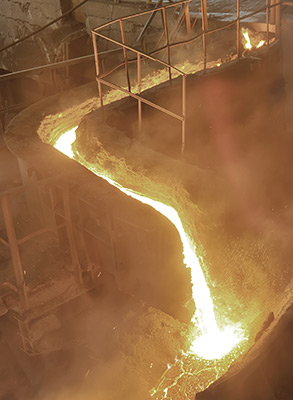 The land of Tio Mourillon’s origin, Dominica in the West Indies, is famous for its natural beauty and for having as many rivers and streams as there are days in the year. And yet Tio leaves this. He sits upon a heritage of natural richness and beauty, but in 1956 he chooses to leave - has to leave. His move is born of necessity. His needs are immediate and he cannot live on beauty alone.
The land of Tio Mourillon’s origin, Dominica in the West Indies, is famous for its natural beauty and for having as many rivers and streams as there are days in the year. And yet Tio leaves this. He sits upon a heritage of natural richness and beauty, but in 1956 he chooses to leave - has to leave. His move is born of necessity. His needs are immediate and he cannot live on beauty alone.
His destination in Lincolnshire, England, the industrial town of Scunthorpe, had not existed a century before Tio’s arrival. The county, sometimes mentioned in the poems of its son, Alfred, Lord Tennyson, ekes out a living through agriculture, until one Rowland Winn recognizes the rich resources upon which it sits, and from 1860 onwards, and the brimming river of molten iron starts to flow.
Workers from across the county, the nation and the Commonwealth come to work in the steel industry. By the sweat of their brow, each one will eat bread, and in Tio’s place of work, the blast furnaces there is potential for sweat to form a river of its own.
The need to man the industry throws people together from many and varied backgrounds. The Englishman works alongside the Somali, the Welshman alongside the Pole and the Ukrainian, the Scot alongside the Caribbean islander. All but a few are outsiders, but they are varying degrees of outsider.
Over half a century later on, in 2010, the richness of industrial heritage upon which much of this part of the country sits lies forgotten. This town that has played an unheralded but essential part in strengthening the bone structure of the nation is left with an uncertain future.








